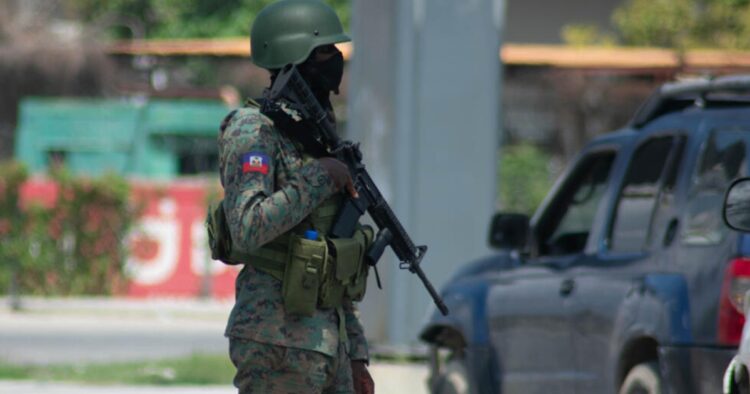Last week, armed gangs in Haiti launched a coordinated effort to remove Prime Minister Henry from power. They targeted critical infrastructure like airports, prisons, and police stations, threatening the country with a full-scale civil war. The situation has become critical, prompting a meeting called by Ecuador at the United Nations Security Council.
The United States has called for free elections but stopped short of demanding Henry’s resignation, which is a key demand of powerful gang leader Jimmy “Barbecue” Cherisier. Henry, in power since the assassination of President Jovenel Moïse in 2021, had agreed to a power-sharing deal with the opposition until new elections could be held.
Cherisier warned of further chaos and bloodshed unless Henry steps down. The violence has led to the displacement of thousands of people and a staggering death toll, with over 1,193 killed by gang violence this year alone, according to the United Nations.
Security Council members, including Ecuador and Malta, expressed grave concerns about the security situation and the ongoing gang warfare. There’s a growing consensus that urgent action is needed to stabilize Haiti.
Prime Minister Henry has been unable to return to Haiti amid the unrest. He was in Kenya seeking support for a UN-backed police mission when the attempt to oust him began. Despite attempts to land in neighboring countries, he was denied entry and later landed in Puerto Rico.
Haitian officials have long been pleading for international assistance to bolster their overwhelmed security forces. The UN Secretary-General called for urgent financial support for a multinational police mission, highlighting the dire humanitarian situation in the country.
Haiti, already the poorest nation in the Western hemisphere, is facing a humanitarian crisis exacerbated by violence, political instability, and natural disasters like drought. Millions of Haitians are in need of urgent humanitarian assistance.
While there’s pressure on Henry to reach a political accord, the United States has not pushed for his resignation. However, they emphasized the need for Haiti to chart a path towards stability and a better future.
Despite approval from the UN Security Council for a multinational policing mission led by Kenya, its deployment has been stalled by legal challenges in Kenya. A bilateral agreement between Nairobi and Port-au-Prince has been signed, but a firm start date for the mission remains uncertain.
In conclusion, Haiti finds itself in a dire situation as armed gangs threaten to plunge the country into further chaos. With escalating violence and political instability, urgent international assistance and concerted efforts towards a political resolution are needed to prevent further suffering for the Haitian people.

















Comments